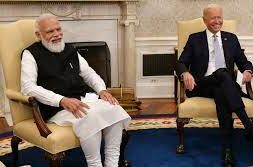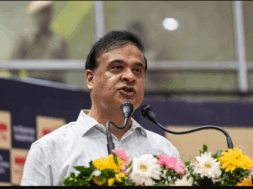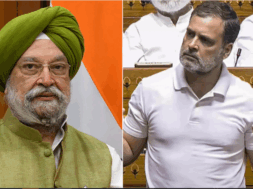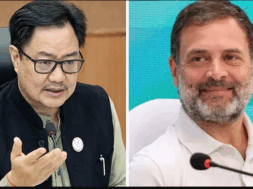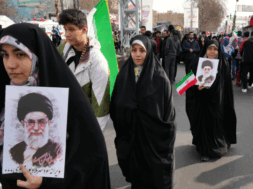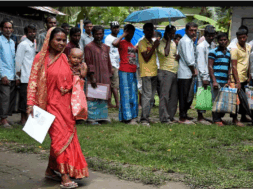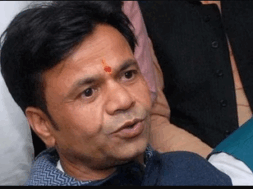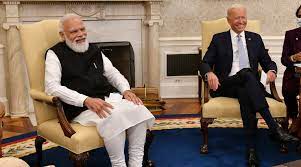
Manas Dasgupta
NEW DELHI, Sept 8: United States President Joe Biden arrived in Delhi on Friday evening to participate in the G20 Summit and bilateral talks with the Prime Minister Narendra Modi on issues of mutual interests between the two countries.
A galaxy of other global leaders have also arrived in Delhi on Friday evening, including the Prime Ministers of the United Kingdom and Australia. Mr Biden’s plane – Air Force One – touched down at Delhi’s Indira Gandhi International Airport shortly before 7 pm. Soon after his arrival, he proceeded proceed for talks with Mr Modi at which a number of issues, including a deal for fighter jet engines, the procurement of predator drones, and collaboration on critical technologies like 5G and 6G networks, are expected to be discussed.
There is also a possibility of the two leaders discussing about a major rail deal, linking India with the Europe through the Middle East. But the US National Security Advisor Jake Sullivan would not confirm reports on this. He did, though, flag it as an initiative in which the United States was interested. “We believe connectivity from India – across the Middle East – to Europe is incredibly important and will bring a significant number of economic as well as strategic benefits to all countries involved,” he said.
Earlier in the day before he set off for India, Mr Biden posted on X that “every time we (the G20) engage, we get better.” “I’m headed to the G20 – the premier forum for international economic cooperation… focused on making progress on Americans’ priorities, delivering for developing nations, and showing our commitment to the G20 as a forum that can deliver,” he said.
Mr Biden will be staying at the uber-luxurious ITC Maurya Sheraton in the city. The 80-year old US president tested negative for Covid-19 just before his departure. This became necessary after a medical scare triggered by his wife, Jill Biden, testing positive for the virus.
The White House is keen to show the US can deliver for the world at this summit, which comes as emerging economies band together – in groups like BRICS – to ensure their concerns are heard. Last month the BRICS bloc – which consists of Brazil, Russia, India, China, and South Africa – said it would welcome six new nations to the group, including the United Arab Emirates and Saudi Arabia.
Meanwhile, on a possible joint statement after the G20 Summit, Mr Sullivan had said he could not make such a prediction, but stressed US is ready to do its part to ensure this is passed. “Will every country step up… be responsible… be constructive? If yes, then we will get a joint statement.”
One stumbling block is (the war in) Ukraine, he explained, adding the other seems to be climate change – in connection with which oil-producing nations are looking for less ambitious goals. He also indicated efforts by China to tie access to technology to the wording of any declaration.
